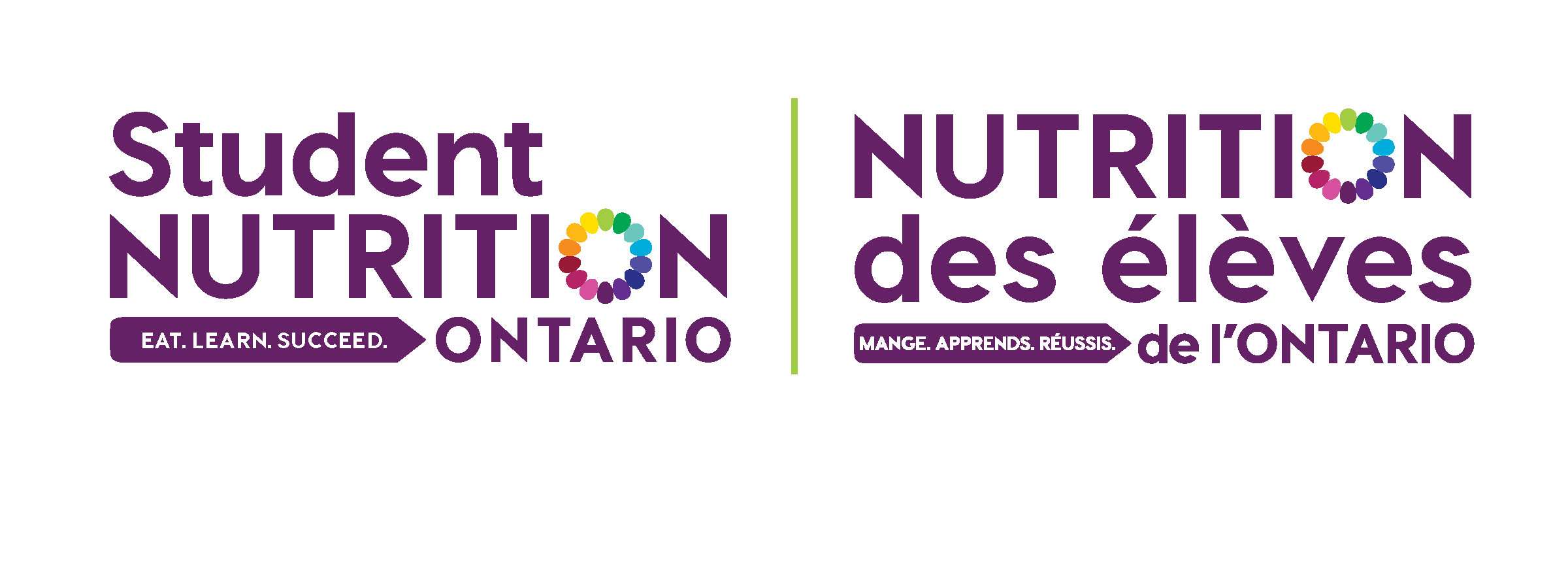Benefits of School Breakfast and Snack Programs
School breakfast and snack programs are critical to student health and well-being and ensures students have the nutrition they need throughout the day to learn. Offering healthy foods at school have a positive impact on student food selection and consumption, especially for fruits and vegetables. Research suggests student nutrition programs in schools provide many benefits to student well-being, academic performance and growth and development. Specifically, breakfast and snack programs in school:
Provide enough time for children to eat nutritious breakfast and snacks
Create the opportunity to try a variety of nutritious and culturally diverse breakfasts and snacks
Lead to better dietary habits by increasing the frequency of eating breakfast
Improve children’s school performance readiness to learn
Enhance students’ physical, emotional, social and intellectual development
Increase attendance rates, particularly for nutritionally at risk children
Promote a sense of community by bringing people together to ensure all children are well-nourished
A Toronto Foundation for Student Success study found:
Students who don’t eat breakfast are twice as likely to be suspended and are more likely to miss school.
78% of secondary school students who eat breakfast on most days are on track for graduation.
Principals and teachers perceive that students’ attitudes, behaviours, and rates of tardiness have improved when they eat a healthy meal.
Why are children not eating before coming to school? Why don't they take nutritious snacks and lunch from home?
Hungry children are not necessarily poor children. The problem of coming to school hungry crosses all socio-economic groups. Our goal is to ensure that all children attend school well-nourished and ready to learn. There are many reasons why children participate in nutrition programs at school, including: they take the school bus and don't have time to eat breakfast; fresh fruit and veggies aren't available at home on a regular basis; they like the social aspects of eating with their friends; family finances are tight; both parents are working outside the home and don't always have time to prepare a nutritious snack or lunch. (Source: Student Nutrition Program Central East)
References:
Ontario Society of Nutrition Professionals in Public Health. Call to Action: Creating a Healthy School Nutrition Environment. 2004
Toronto District School Board, Feeding Our Future, The First and Second-Year Evaluation, 2012.


